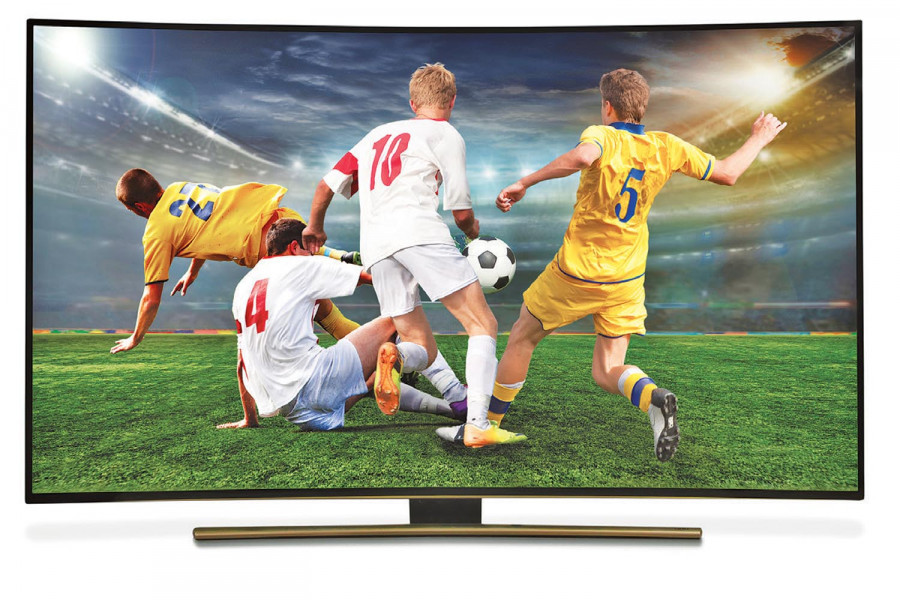Editorial
Nice things cost money
Like it or not, the rights to broadcast the World Cup will get costlier with time.
As football lovers elsewhere prepare to snuggle down to watch the FIFA World Cup Qatar 2022, Nepali fans still don't know if they will get to watch it live on television as a row over extra charges rages in the Supreme Court. The highest court in the land has ordered the holder of the exclusive broadcast rights for Nepal not to charge extra fees from television viewers. As cable TV operators are already collecting regular subscription fees from their customers, the court said, it is illegal to charge more for the one-off event. Media Hub, the broadcaster, argues that there is just no way it can recover the Rs400 million it has paid for the rights without charging a premium, which it has fixed at Rs500 per set-top box.
While we see that the plaintiffs including consumer rights activists have a point, we believe the official broadcaster too has a solid case. After the government enacted its clean feed policy under which foreign commercials were forbidden from Nepali TV screens two years ago, the burden shifted to the Nepali advertising market to produce domestic ads to fill the gap. Yet, with the country’s economy in the doldrums, very few Nepali businesses have seen the logic of running ads on cable TV. As a result, the broadcasters have had to recoup nearly all their investments via fixed subscription costs.
In order to broadcast the games, Media Hub has paid $1.5 million to Viacom 18 India, along with taxes to the government of Nepal. Moreover, Rs500 is not a mandatory fee; those who don’t want to watch the World Cup don’t have to pay. According to the broadcasters, many cable TV customers have welcomed their decision and already paid for the live broadcast in advance. Whether or not that is true, it is also hard to argue that getting to watch the World Cup for free is the right of each and every Nepali, when doing so is a clear luxury. This is a free market economy where the sellers have something good to offer, and most buyers are willing to pay a reasonable amount for it. (Or is Nepal’s economy controlled?) The final court decision is set for November 16, just four days before the inaugural game. It could have come sooner.
The World Cup is a multi-billion dollar business, and is getting more expensive by the day. Like it or not, the rights to broadcast it live will get costlier with time. In such a case, there are only two options: Allow the broadcast rights holders to charge extra from willing customers, or prevent everyone in the country from watching the World Cup. But if the argument is that all Nepalis should get to watch the World Cup, there is also a third option: The state broadcaster buys the ultra-expensive rights and shows the event on its free-to-air channels. Really, when deciding the right or wrong in a case, we should not have to contemplate such farfetched options.




 9.89°C Kathmandu
9.89°C Kathmandu














